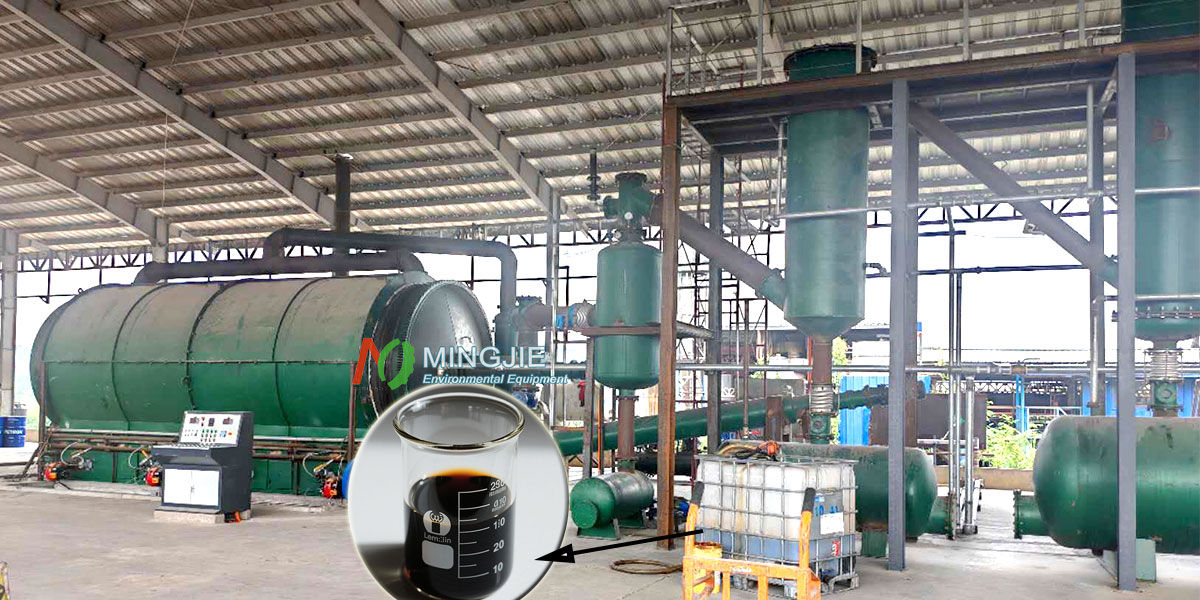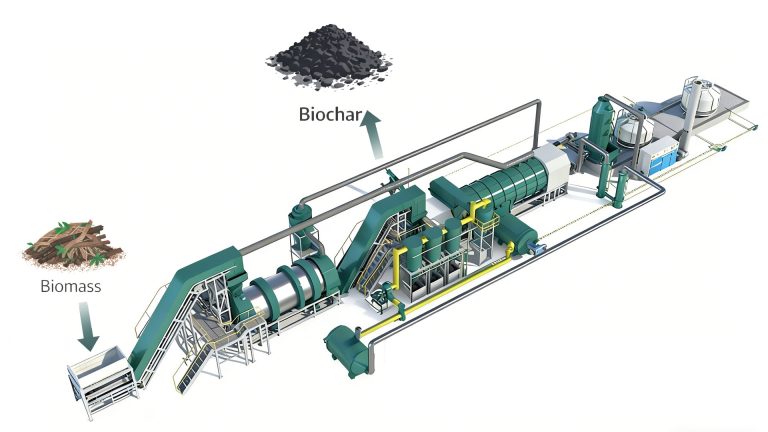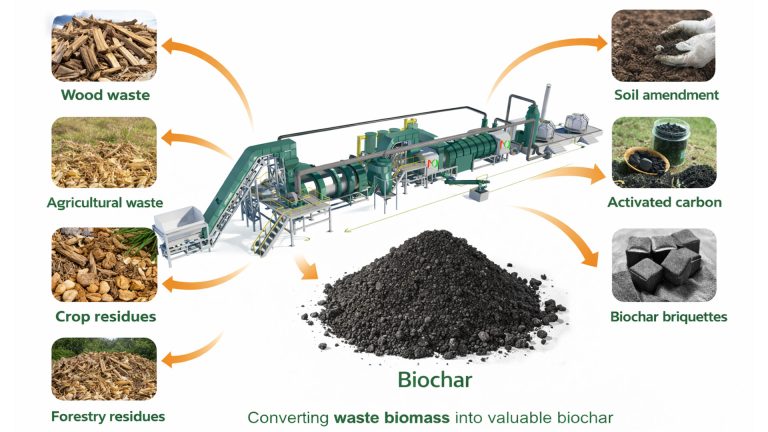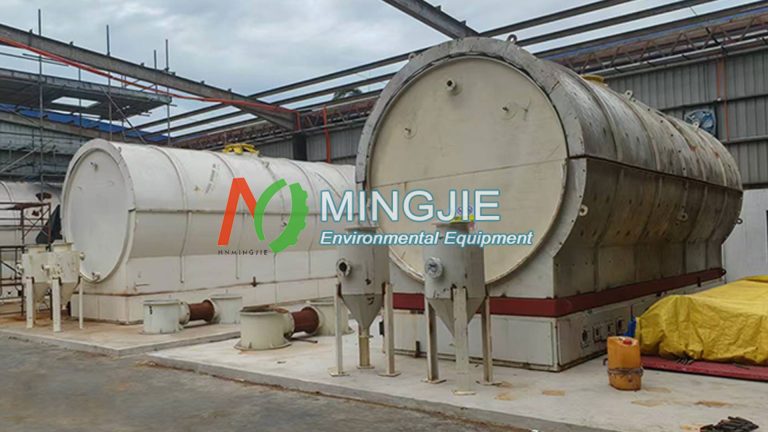Pyrolysis is a leading and growing technology for upcycling waste plastics. Plastic Pyrolysis Recycling plant is particularly suitable for recycling PP, PE, and PS plastics to produce syngas, fuel oil, and solid carbon black products.
Plastic pyrolysis plant can process plastics that are currently difficult to recycle using mechanical recycling equipment. Plastic pyrolysis recycling is a chemical recycling method that complements mechanical recycling rather than competing with it.
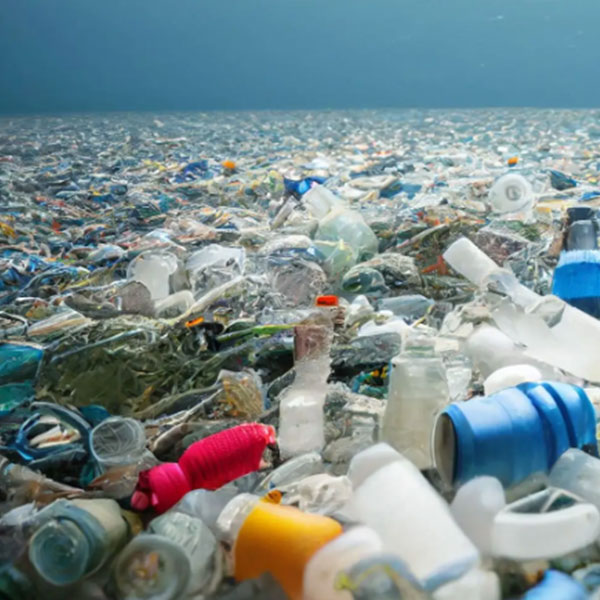
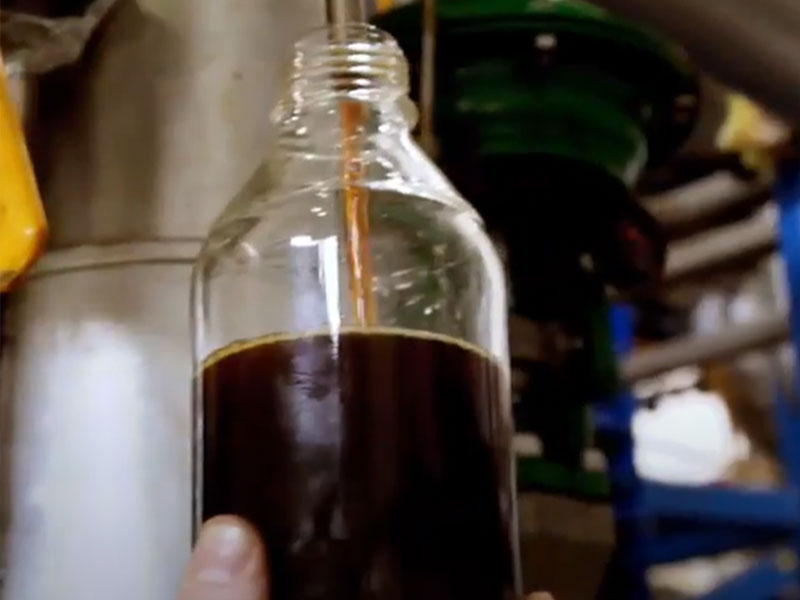
Recycling Methods for Waste Plastics
With the advent of more efficient mechanical processes, traditional landfill disposal of plastic waste is becoming increasingly impractical. Due to its insoluble nature, plastic continues to pose a persistent threat to the environment. In this context, thermal processes such as pyrolysis waste-to-energy have become more sustainable and viable approaches to plastic waste management.
Chemically, plastics contain elements such as hydrogen, carbon, nitrogen, chlorine, and various other components, making them highly durable.
Pyrolysis is a viable strategy for recovering energy from plastic waste. It is an efficient method for converting waste materials into energy-rich liquid and gaseous products. Pyrolysis, or thermal decomposition, uses heat to break down long-chain polymer molecules into smaller components.
Plastic pyrolysis recycling can process a variety of plastic waste types, including mixed plastics and multilayer films. Unlike mechanical recycling, which requires strict separation of plastic types like PET, pyrolysis can also process contaminated plastics containing oil and dirt.
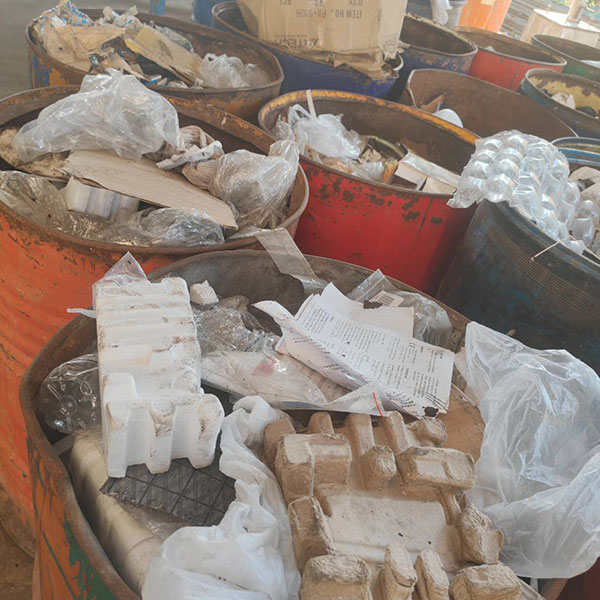
Pyrolysis plants offer the flexibility to process mixed and contaminated plastic waste. This reduces the logistical effort, costs, and energy consumption required to sort and separate plastic waste at recycling plants.
Plastic waste can be effectively processed through pyrolysis to produce a valuable alternative fuel source. Pyrolysis of plastic waste can produce high-performance oils, providing environmental sustainability and reducing dependence on fossil fuels while addressing plastic waste disposal issues.
Plastic pyrolysis recycling technology has been widely used in solid waste pyrolysis projects around the world and has achieved great profits.
Industrial Application of Waste Plastic Pyrolysis Recycling
Europe and the United States are leading the way in research on the waste plastic pyrolysis recycling, and small-scale industrial applications of mixed waste plastics have been achieved.
Plastic Energy, a UK company, uses its patented Thermal Anaerobic Conversion (TAC) process to process waste plastics. The first step involves indirectly heating the waste plastics in a pyrolysis reactor to produce oil, gas, and solid carbon. The oil and gas products undergo filtration, separation, and condensation, resulting in a synthetic oil that can be used as a feedstock for new plastics, while the synthetic gas can be used to heat the reactor.
Plastic Energy’s plants in Almeria and Seville, Spain, began operations in 2016 and 2017, respectively. In 2021, the company entered into a joint venture with Saudi Basic to build a 20,000-ton annual recycling plant in Glynn, the Netherlands. Subsequently, it entered into a joint venture with Total Energies to build a 15,000-ton annual recycling plant at its site in Grandpuits, France.
Nexus Circular, a US company, was established in 2008. The company has multi-year offtake agreements with Shell, Chevron Phillips Chemical, Braskem, and LyondellBasell. In January 2021, Cox Enterprises invested an additional $150 million to facilitate the rapid expansion of Nexus’ production capacity, including the expansion of its Atlanta, Georgia, facility and the construction of a second facility in the Southeast. In addition to converting waste plastics into liquid fuels through pyrolysis, some companies also use pyrolysis to recover monomers from the original polymers.
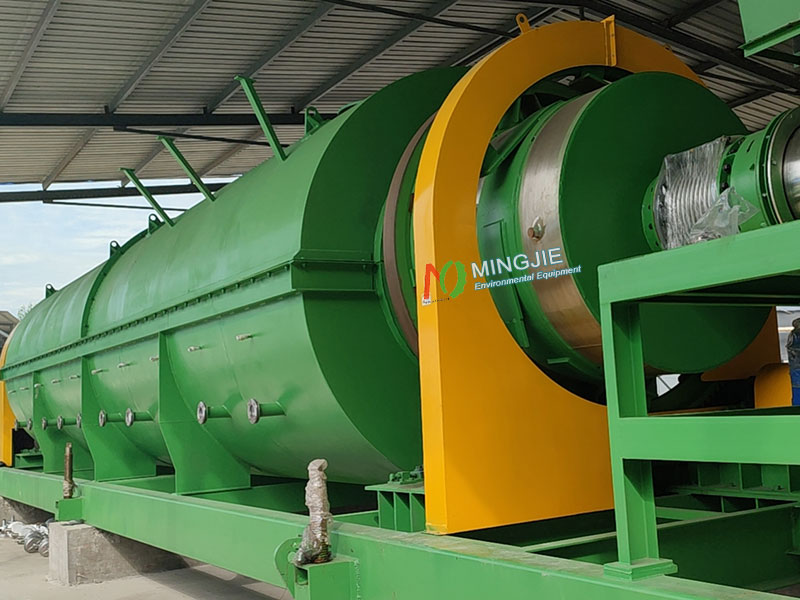
China waste plastic pyrolysis recycling technology developed relatively late, with a few waste plastics oil refineries built in the 1990s. Today, Henan Mingjie Environmental Protection Equipment Co., Ltd. has independently developed fully automatic pyrolysis plant for waste plastic recycling. The pyrolysis oil distillation plant can convert waste plastic pyrolysis oil into gasoline and diesel products, and the oil quality meets relevant national standards.
Mingjie Plastic Pyrolysis Plant has been sold to many countries, such as the Philippines and Thailand, and the plastic pyrolysis to fuel oil project has started operation.

